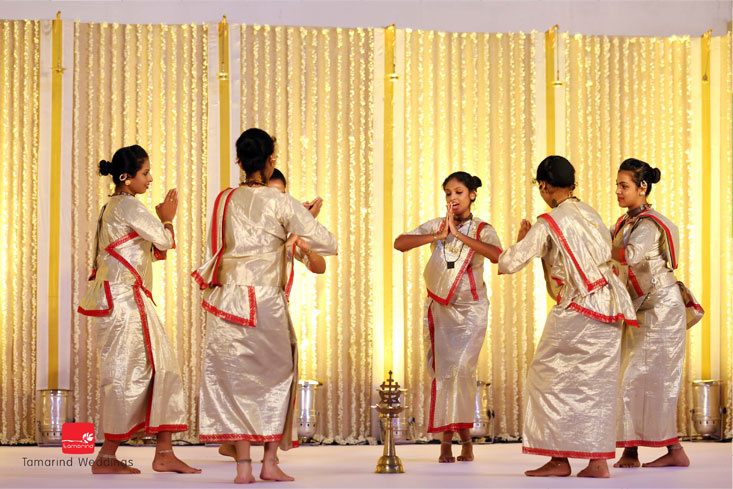Margamkali is a culturally rich and spiritually significant round dance that has deep roots in the heritage of the Knanaya community, a distinctive subsect of the St. Thomas Christians in the Indian state of Kerala. This unique dance form is a reflection of the Knanaya community’s religious devotion and cultural identity, passed down through generations.
Origins of Margamkali in the Knanaya Community
The Knanaya community traces its origins back to a group of Jewish-Christian immigrants who arrived in the ancient port of Kodungallur in Kerala around the 4th or 5th century AD. These immigrants, known as “Knanaya” or “Southists,” maintained their distinct identity, customs, and traditions over the centuries. Margamkali is one such tradition that has been an integral part of their culture.
Characteristics of Margamkali in the Knanaya Community
- Religious Significance: Margamkali is deeply rooted in the religious beliefs and practices of the Knanaya community. It is traditionally performed during religious festivals, weddings, and other important occasions. The dance serves as a form of worship and devotion to their Christian faith.
- Round Dance Formation: One of the most distinguishing features of Margamkali is its round dance formation. Performers gather in a circular arrangement, symbolizing unity and harmony within the community. The circular formation represents the eternal cycle of life, a concept deeply ingrained in Knanaya spirituality.
- Colorful Costumes: The dancers wear vibrant and traditional Kerala attire. Women typically don kasavu sarees, adorned with intricate gold borders, while men wear crisp mundus and angavastrams. These costumes add a touch of elegance and authenticity to the performance.
- Ritualistic Music: Margamkali is accompanied by live music played on traditional instruments like the chenda, ilathalam, and veekkan chenda. The rhythmic beats and melodious tunes enhance the overall experience and provide a spiritual ambiance.
- Devotional Songs: The songs performed during Margamkali are predominantly devotional in nature, recounting the stories of Christian saints, biblical events, and the life of Jesus Christ. These lyrics serve as a means of conveying the community’s faith and heritage.

Significance of Margamkali in the Knanaya Community
Margamkali holds immense significance within the Knanaya community, as it is not merely a cultural performance but a spiritual expression of their Christian faith. It serves as a medium to connect with their religious roots and to pass down their traditions to future generations.
The circular dance formation, colorful costumes, and rhythmic music symbolize the community’s unity and the eternal nature of their faith. Margamkali brings the Knanaya community together during festivals and celebrations, fostering a sense of belonging and pride in their distinct cultural identity.
Margamkali is a sacred round dance that embodies the rich heritage and deep spirituality of the Knanaya community in Kerala. It serves as a living testament to their enduring faith and unique cultural traditions, ensuring that their customs and beliefs are preserved and celebrated for generations to come.


